TL18QNTM
Latest
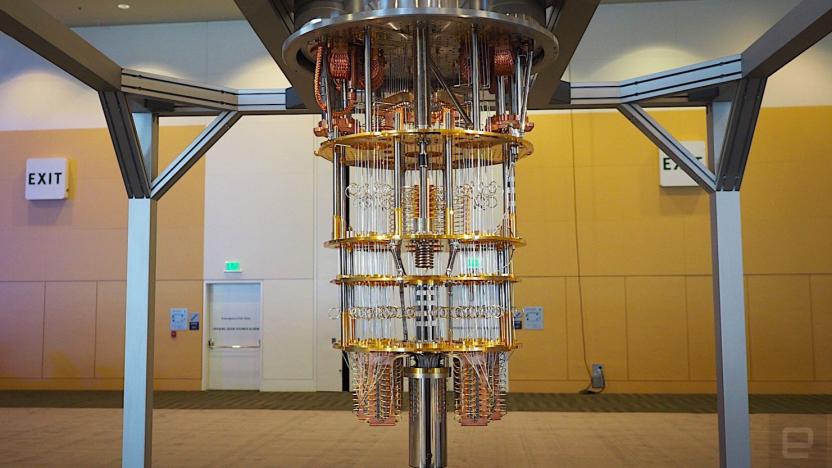
Not even IBM is sure where its quantum computer experiments will lead
Despite the hype and hoopla surrounding the burgeoning field of quantum computing, the technology is still in its infancy. Just a few years ago, researchers were making headlines with rudimentary machines that housed less than a dozen qubits -- the quantum version of a classical computer's binary bit. At IBM's inaugural Index Developer Conference held in San Francisco this week, the company showed off its latest prototype: a quantum computing rig housing 50 qubits, one of the most advanced machines currently in existence.
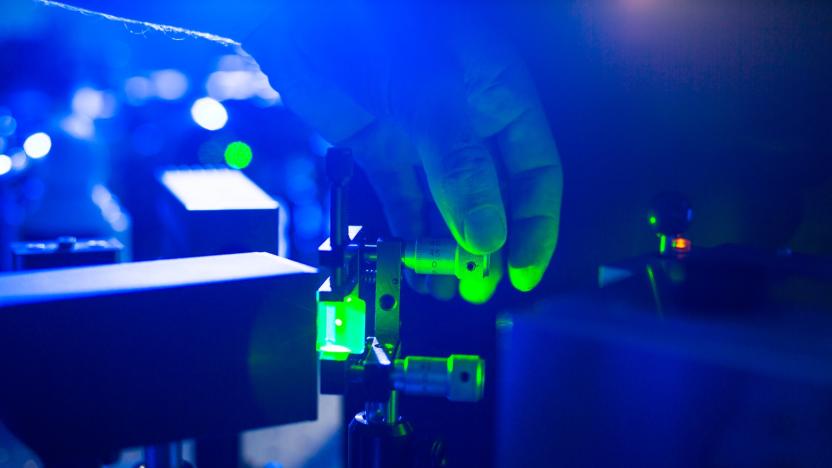
A new form of light could power next-gen quantum computers
Photons are among the most ubiquitous, but loneliest particles in the quantum world -- they're always around us, but don't interact with each other. Scientists from MIT and Harvard have managed quite a feat then, by observing groups of three photons interacting and sticking together to create a new weird form of light. The research is purely experimental for now, but could enable researchers to entangle photons, a key part of building quantum computers.

Intel’s quantum computing efforts take a major step forward
It's been almost three months since Intel announced a 17-qubit superconducting chip, meant to pave the way for a future powered by quantum computers. Today at CES, Intel CEO Brian Krzanich showed off its latest superconducting test chip, the 49-qubit Tangle Lake.

Europe unveils roadmap for the next decade of quantum computing
Back in 2016, the EU invested 1 billion euros (almost $1.2 billion at today's exchange rates) in quantum computing. Now, a year and a half later, it's time for an update on what's happening thanks to a 150-page roadmap on European quantum technologies. It also outlines where the project will go over the next decade.
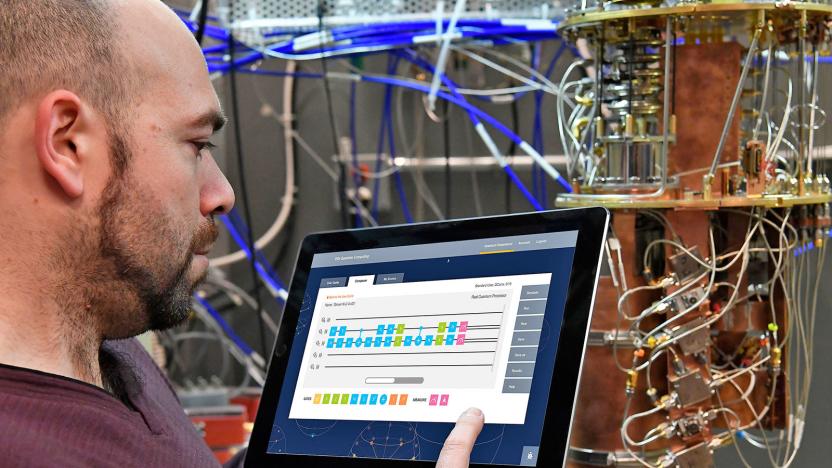
IBM's processor pushes quantum computing closer to 'supremacy'
IBM Q research has built and tested an operational 50 qubit prototype processor, a huge leap up from its previous record of 17 qubits. The company is also set to make a 20 qubit quantum system available online for clients to try, with an updated superconducting design, connectivity and packaging. That'll let users run computations with a "field-leading" 90 microseconds of coherence, allowing "high-fidelity quantum operations," IBM says.

Microsoft’s new coding language is made for quantum computers
When one of the first personal computers, the Altair 8800 came along in 1976, Microsoft was ready with a programming language, Altair BASIC. It wants to be equally prepared when quantum computers go mainstream, so it has unveiled a new programming language and other tools for the futuristic tech at its Ignite conference. You'll still need to understand Qubits and other weird concepts, but by integrating traditional languages like C# and Python, Microsoft will make it easier to do mainstream computing on the complex machines.
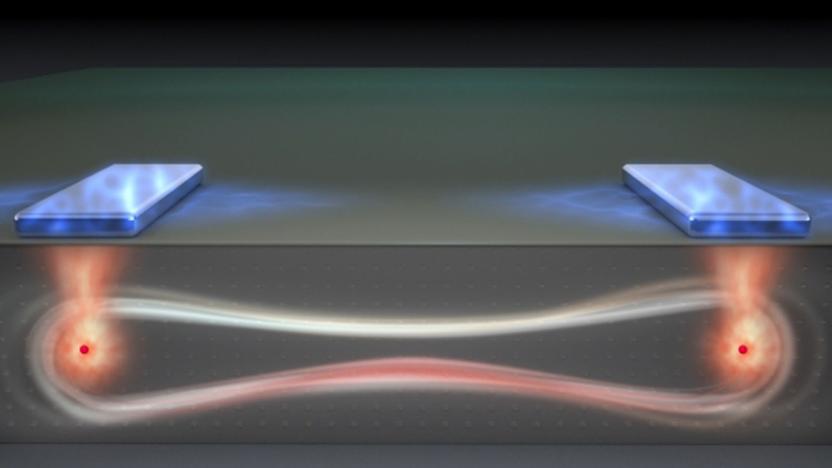
'Flip-flop' design makes quantum computers more affordable
One of the greatest challenges in quantum computing is... well, making the computers. You may need exotic manufacturing techniques just to handle the very exacting requirements, such as positioning the atoms in quantum bits in exact positions at close distances (to make quantum entanglement happen). However, that might not be a problem going forward. Australian researchers have developed a new chip design that could be built using the same silicon technology that you see in use today.

Silicon-laced diamonds could lead to practical quantum computers
Scientists already believe that diamonds could be a solid foundation for practical quantum computers. You can use atom-scale defects in diamond to store quantum bits that hold contradictory data (say, both on and off) in a way that lets you read the data without the risk of changing it. But there's a problem. The most common defect, where nitrogen atoms replace carbon atoms, emits such a broad range of light that it's too inaccurate to be useful. However, a team of researchers may have a way to keep those inaccuracies to a minimum: slip in some silicon, which emits a much narrower range of light.
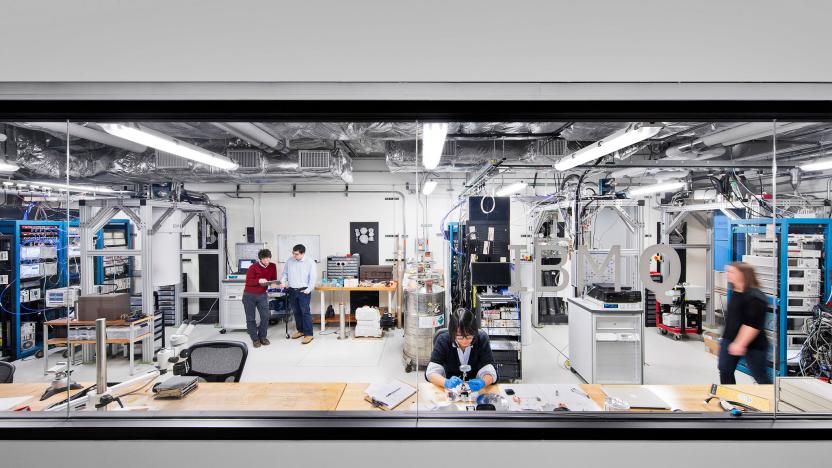
IBM unveils its most powerful quantum processor yet
IBM's two quantum computing platforms just took a leap forward in processing power. The company announced today that it has successfully built and tested its two most powerful quantum computers yet -- the research and business-focused Quantum Experience universal computer and the prototype processor that will eventually form the core of its commercial IBM Q systems.




